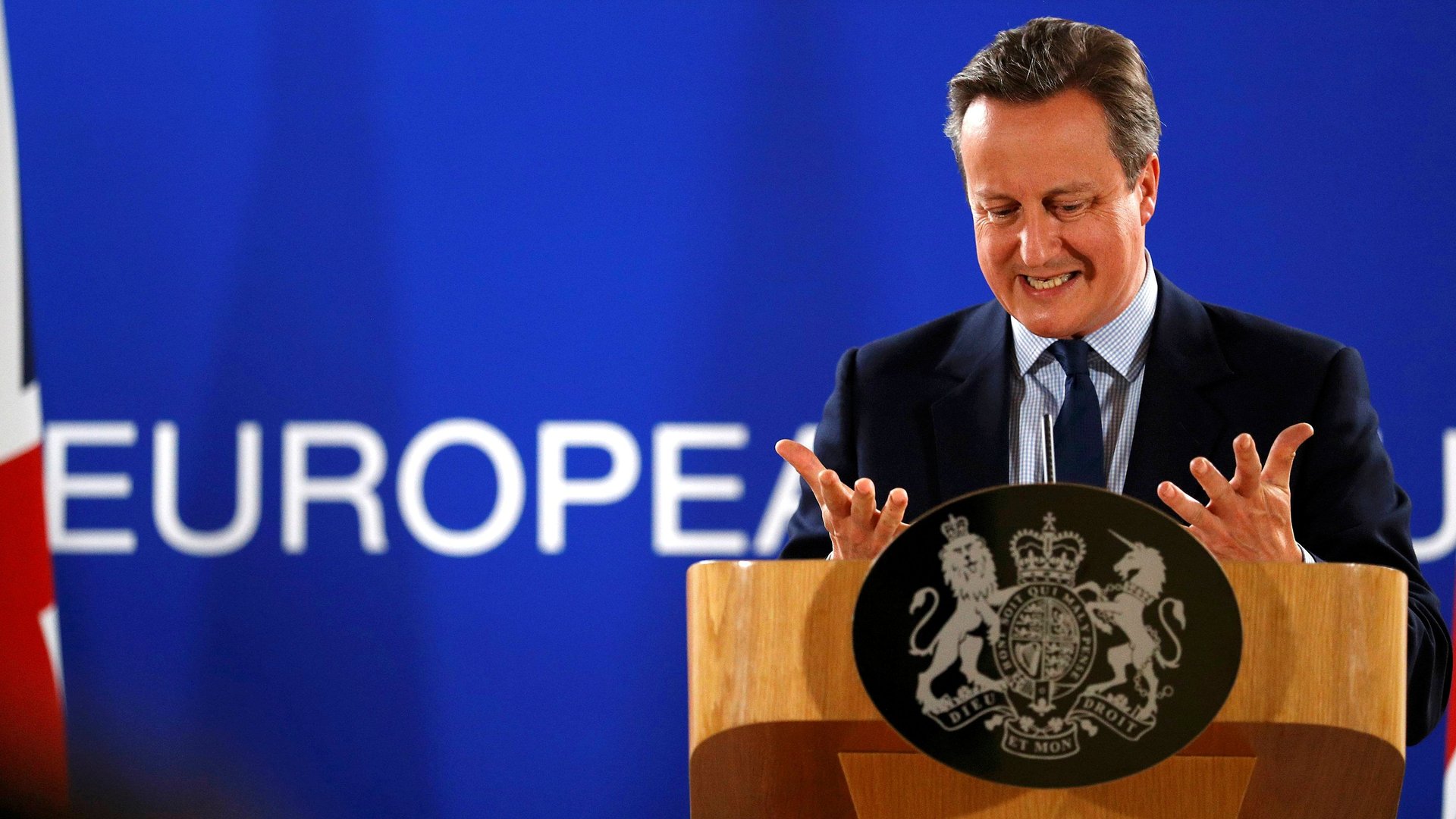English is and will be the lingua franca of Europe in spite of Brexit
After Brexit, there are various things that some in the EU hope to see and hear less in the future. One is Nigel Farage. Another is the English language.


After Brexit, there are various things that some in the EU hope to see and hear less in the future. One is Nigel Farage. Another is the English language.
In the early hours of June 24, as the referendum outcome was becoming clear, Jean-Luc Mélenchon, left-wing MEP and French presidential candidate, tweeted that “English cannot be the third working language of the European parliament.”
This is not the first time that French and German opinion has weighed in against alleged disproportionate use of English in EU business. In 2012, for example, a similar point was made about key eurozone recommendations from the European Commission being published initially “in a language which [as far as the Euro goes] is only spoken by less than 5m Irish.” With the number of native speakers of English in the EU set to drop from 14% to around 1% of the bloc’s total with the departure of the UK, this point just got a bit sharper.
Translation overload
Official EU language policy is multilingualism with equal rights for all languages used in member states. It recommends that “every European citizen should master two other languages in addition to their mother tongue”—Britain’s abject failure to achieve this should make it skulk away in shame.
The EU recognizes 24 “official and working” languages, a number that has mushroomed from the original four (Dutch, French, German, and Italian) as more countries have joined. All EU citizens have a right to access EU documents in any of those languages. This calls for a translation team numbering around 2,500, not to mention a further 600 full-time interpreters. In practice most day-to-day business is transacted in either English, French, or German and then translated, but it is true that English dominates to a considerable extent.
The preponderance of English has nothing to do with the influence of Britain or even Britain’s membership of the EU. Historically, the expansion of the British empire, the impact of the Industrial Revolution, and the emergence of the US as a world power have embedded English in the language repertoire of speakers across the globe.
Unlike Latin, which outlived the Roman empire as the lingua franca of medieval and renaissance Europe, English of course has native speakers (who may be unfairly advantaged), but it is those who have learned English as a foreign language—“Euro-English” or “English as a lingua franca”—who now constitute the majority of users.
According to the 2012 “Special Eurobarometer 386; Europeans and their Languages,” English is the most widely-spoken foreign language in 19 of the member states where it is not an official language. Across Europe, 38% of people speak English well enough as a foreign language to have a conversation, compared to 12% speaking French, and 11% in German.
The report also found that 67% of Europeans consider English the most useful foreign language, and that the numbers favoring German (17%) or French (16%) have declined. As a result, 79% of Europeans want their children to learn English, compared to 20% for French and German.
Too much invested in English
Huge sums have been invested in English teaching by both national governments and private enterprise. As the demand for learning English has increased, so has the supply. English language learning worldwide was estimated to be worth $63.3 billion (£47.5 billion) in 2012, and it is expected that this market will rise to $193.2 billion (£145.6 billion) by 2017. The value of English for speakers of other languages is not going to diminish any time soon. There is simply too much invested in it.
Speakers of English as a second language outnumber first-language English speakers by 2:1, both in Europe and globally. For many Europeans, and especially those employed in the EU, English is a useful piece in a toolbox of languages to be pressed into service when needed—a point which was evident in a recent project on whether the use of English in Europe was an opportunity or a threat. So in the majority of cases, using English has precisely nothing to do with the UK or Britishness. The EU needs practical solutions, and English provides one.
English is unchallenged as the lingua franca of Europe. It has even been suggested that in some countries of northern Europe it has become a second rather than a foreign language. Jan Paternotte, D66 party leader in Amsterdam, has proposed that English should be decreed the official second language of that city.
English has not always held its current privileged status. French and German have both functioned as common languages for high-profile fields such as philosophy, science and technology, politics and diplomacy, not to mention Church Slavonic, Russian, Portuguese, and other languages in different times and places.
We can assume that English will not maintain its privileged position forever. Who benefits now, however, are not the predominantly monolingual British, but European anglocrats whose multilingualism provides them with a key to international education and employment.
Much about the EU may be about to change, but right now an anti-English language policy so dramatically out-of-step with practice would simply make the post-Brexit hangover more painful.